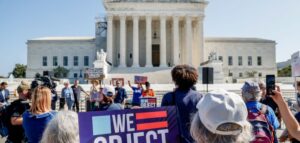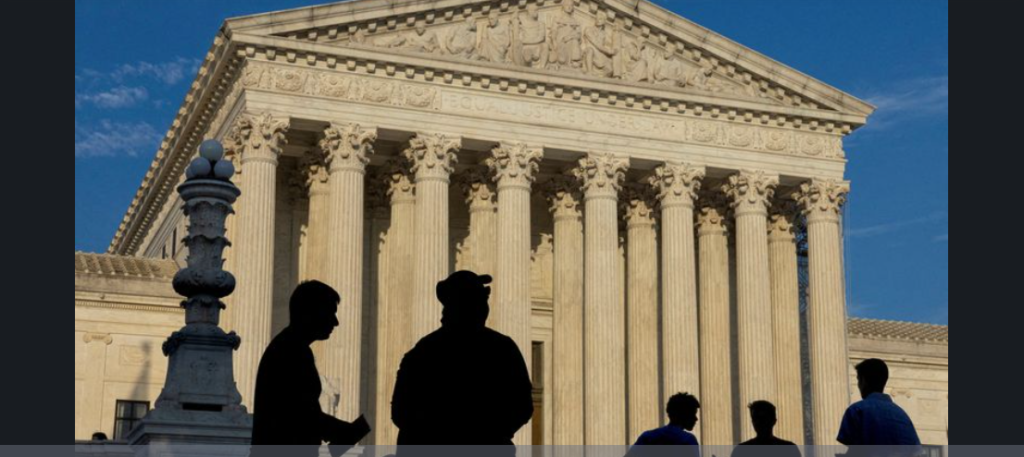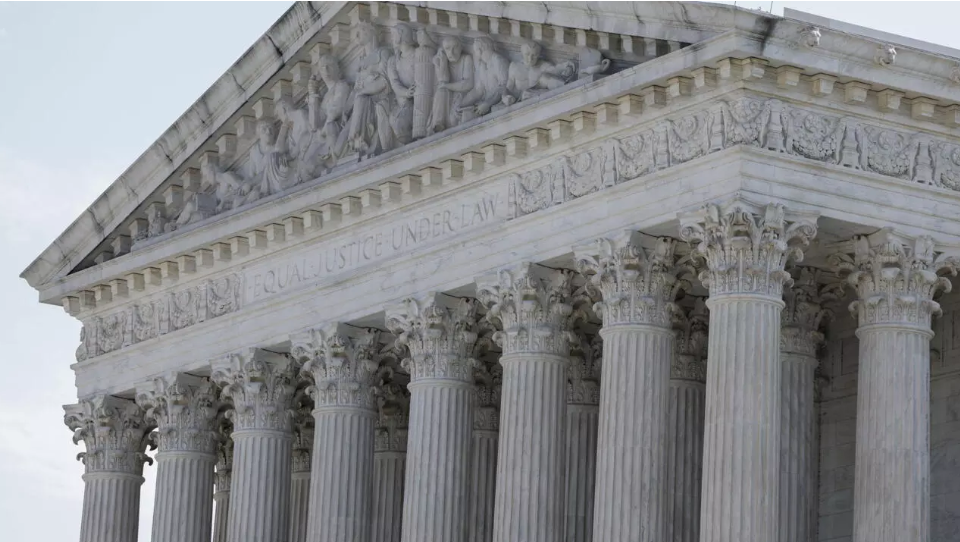Table of Contents
ToggleTop US Court Takes Case of Rastafarian Whose Hair Was Cut in Prison

In a case that has ignited passionate debate across the United States, the top US court has agreed to hear the appeal of a Rastafarian man whose dreadlocks were forcibly cut while he was in prison. The decision is seen as a potential landmark ruling on religious freedom, prison rights, and the broader treatment of minority religious groups in the American justice system.
The Background: A Clash Between Faith and Regulation
The case revolves around Jermaine Washington, a devout follower of the Rastafarian faith. Arrested and incarcerated in a state correctional facility in Louisiana, Washington was subjected to a mandatory grooming policy requiring inmates to maintain short hair for what authorities cited as hygiene and security reasons. Despite repeated objections based on his religious beliefs, Washington’s dreadlocks—an essential aspect of his identity and spirituality—were cut against his will.
Rastafarianism, a religion that originated in Jamaica in the 1930s, holds that growing one’s hair into dreadlocks is a spiritual obligation. For believers like Washington, cutting their hair is tantamount to violating their sacred covenant with God. Thus, the incident stripped him of his hair and deeply wounded his sense of faith and dignity.
Why the US Court’s Involvement Matters
The US court system rarely accepts religious rights cases involving individual prisoners unless they raise constitutional questions with national implications. The fact that the country’s top judicial body—the Supreme Court—has chosen to weigh in signals the potential for a precedent-setting decision that could reshape religious freedom jurisprudence for generations.
Legal experts are closely watching the proceedings. “This is a pivotal moment,” said Professor Lisa Tompkins, a constitutional law scholar at Columbia University. “The US court is being asked to consider not only the boundaries of religious liberty, but also the rights of prisoners—an often marginalized and overlooked group in civil rights discussions.”
Legal Framework and the Religious Land Use and Institutionalized Persons Act (RLUIPA)
At the heart of the case is the Religious Land Use and Institutionalized Persons Act (RLUIPA), a federal law enacted in 2000. This legislation is designed to protect the religious rights of inmates and others in institutionalized settings. Under RLUIPA, prisons are not allowed to impose a substantial burden on an inmate’s religious practices unless they can demonstrate a compelling governmental interest and show that the restriction is the least restrictive means of achieving that interest.

Washington’s legal team argues that cutting his dreadlocks was an egregious violation of RLUIPA. The US court will have to determine whether the prison’s policies truly met the strict standard of justification required under the law.
Implications for Minority Religions
This case has far-reaching implications beyond Washington’s personal ordeal. Across the United States, minority religious groups have frequently found themselves in conflict with uniform institutional policies. From Sikh inmates seeking to maintain turbans to Muslims wishing to observe dietary laws, the challenges faced by religious minorities in prisons are numerous and often inadequately addressed.
For the Rastafarian community in particular, the case has become a rallying cry. “This is not just about one man,” said Dr. Malachi Barrett, a Rastafarian scholar and activist. “This is about recognizing the right of every person to live and worship with dignity—even behind bars.”
If the US court rules in Washington’s favor, it could set a powerful precedent requiring prisons nationwide to rethink how they handle religious accommodations.
Reactions from Civil Rights Groups
Major civil rights organizations, including the ACLU and the Religious Freedom Coalition, have thrown their support behind Washington. In a joint amicus brief submitted to the US court, they argue that the case reflects systemic insensitivity to religious diversity in correctional institutions.
“This is not merely a violation of religious freedom; it’s a violation of human rights,” said Janelle Rodriguez, an ACLU attorney involved in the case. “The role of the US court is not just to interpret the law but to uphold the values of liberty and justice that define this country.”
The Prison’s Defense
Officials from the Louisiana Department of Corrections maintain that their grooming policy is essential for maintaining discipline and preventing contraband. In their response to the appeal, they argue that long hair can be used to hide weapons or drugs and that uniformity in appearance reduces tensions among inmates.
However, critics argue that such justifications are too broad and do not take into account the religious exemptions that RLUIPA allows. They point to examples from other states that have successfully accommodated similar religious practices without compromising security.
What’s Next?
The US court is expected to hear oral arguments in the upcoming term, with a decision likely to be handed down by mid-2026. Until then, religious rights advocates and prison reform supporters will be watching closely.

For Jermaine Washington, the case represents a long-overdue acknowledgment of the pain and injustice he endured. “This isn’t about getting back at anyone,” he told reporters through his attorney. “It’s about making sure this doesn’t happen to anyone else—no matter their religion, no matter where they are.”
A Potential Turning Point
As America continues to grapple with questions of religious liberty, civil rights, and institutional reform, the US court’s ruling in this case may well become a turning point. It could reinforce the constitutional protections afforded to all citizens, including those behind bars, and send a clear message that faith and identity should not be sacrificed in the name of administrative convenience.
In an era when religious expression is constantly negotiated in public spaces, the US court’s decision to hear this case underscores the enduring importance of justice, fairness, and freedom—even for those society often forgets.
